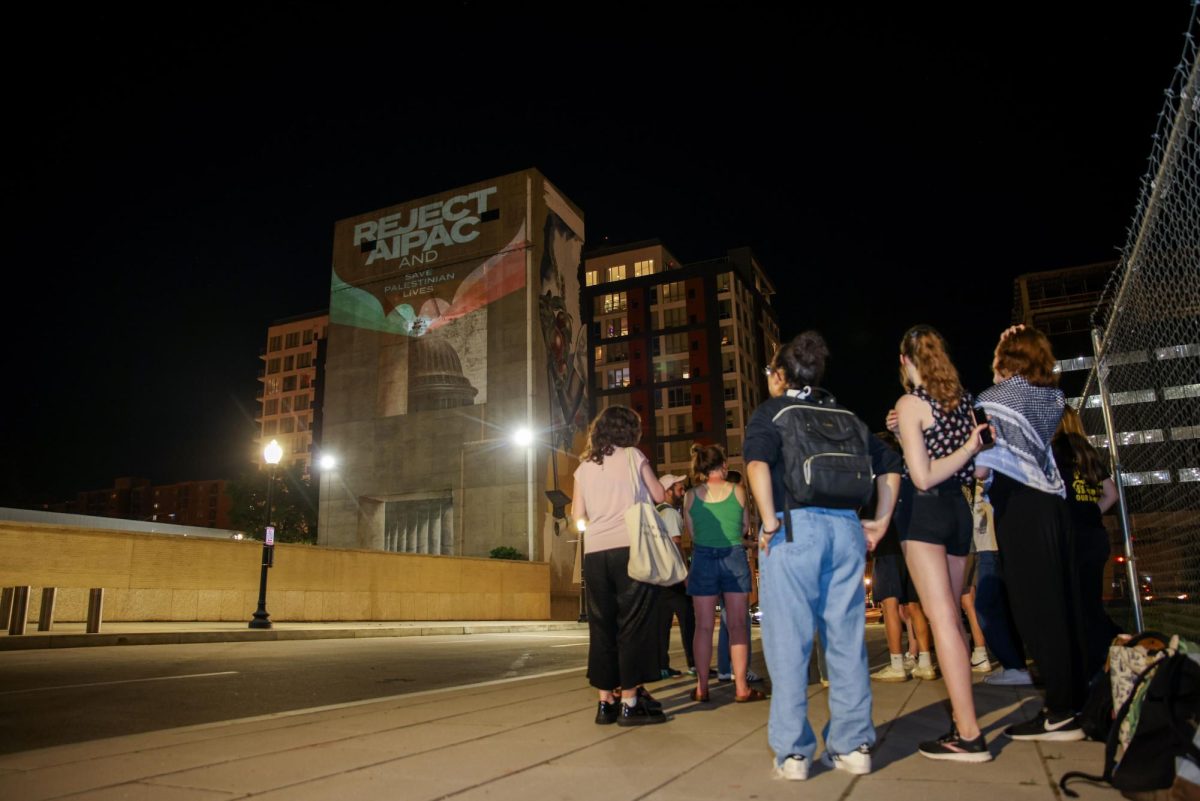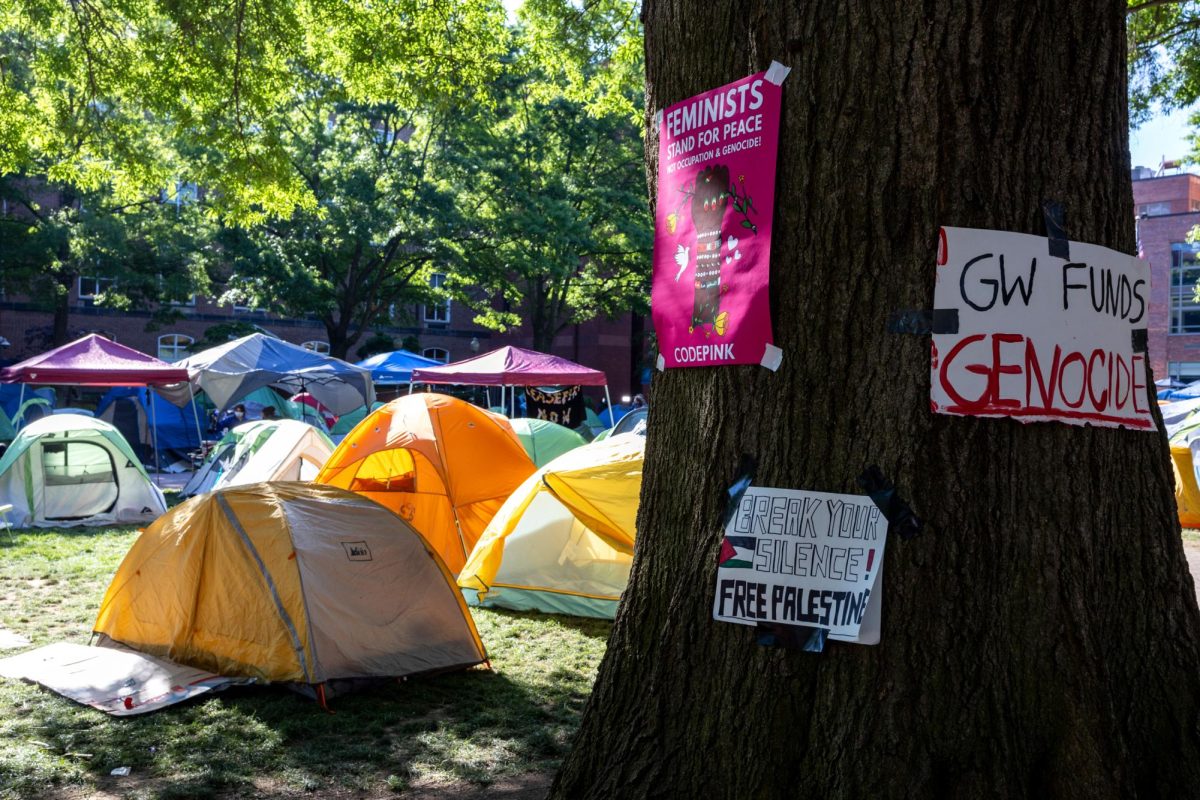The D.C. Metro Budget Committee voted 4-2 Thursday to approve a proposal that could extend Metro weekend hours to 1 a.m.
If the proposal passes in a meeting of the entire D.C. Metro Board Sept. 23, late-night passengers will have rail access past midnight on Friday and Saturday nights.
Some GW students said they supported D.C. Metro’s step toward extended hours, but many said a two-hour extension would be more useful.
“I think I’ll get some use out of it,” junior Dave Hene said. “We’ll be able to get home without being ripped off by cabs.”
Some students said extended Metro hours will not be as beneficial as Metro officials hope.
“(D.C. Metro) doesn’t really take you to places you want to go for clubs and bars, but I guess it will be useful,” junior Craig Harris said.
While extended weekend hours would mostly benefit the under-25 crowd, other late-night riders would include people with night jobs and adults who want to go to the theater without taking their car, said Jim Graham, a Metro Board member.
Thursday’s debate split board members who wish to maintain the Metro’s high level of service to business commuters and others who hope to better serve younger riders, said Graham, a D.C. councilmember who represents the neighborhoods of U Street and Adams Morgan.
With the support of the Sierra Club, Mothers Against Drunk Driving and about 12,000 D.C. 101.1 FM listeners, Graham said he initially proposed a 2 a.m. weekend extension to serve “a different profile of Metro rider.”
The 2 a.m. proposal would allow students reliant on Metro transit to stay at bars until 1:30 a.m., when most bars close on weekends, Hene said.
Board members compromised to accept the 1 a.m. extension because Metro officials are unsure what effect time extensions will have on rail maintenance and clean-up, Metro Spokeswoman Cheryl Johnson said.
John Davey and Cleatus Barnett, two board members representing Maryland who voted against the 1 a.m. extension, argued that narrowing the Metro’s “maintenance window,” when Metro clean-up and maintenance occurs, could limit the transit system’s ability to “provide the best possible reliable service,” Davey told The Washington Post.
Graham said the debate shed light on different philosophical views of D.C. Metro, which has the earliest closing time of all major metropolitan transit systems. He said he wants to make D.C. Metro a “work horse,” while others wish to keep it a “show horse.”
A study in July found that extending weekend hours would not cost as much as board members originally thought, Graham said
Graham said the bulk of the $1.4 million cost of extending weekend hours to 1 a.m. for 12 months would be “offset by additional revenues and economic benefits” of late-night commuting.
Graham argued with three other board members Thursday that the benefits of having fewer drunk drivers on the road and less cars polluting late at night outweigh the possibilities of increased crime activity and a dirtier Metro.
If the Metro board passes the proposal Thursday, the one-hour extension will continue for a trial period from Nov. 1 to June 30. The board will then meet to consider extending weekend hours to 2 a.m., when it has had a chance to gauge the extended hours’ impact of rail cleanliness and safety, Johnson said.
While Graham said he hoped for a two-hour extension, he said Thursday’s meeting was a step in the right direction.
“The likelihood for 1 a.m. (being passed) is very good, but I’m still fussing for 2 a.m.,” Graham said.







